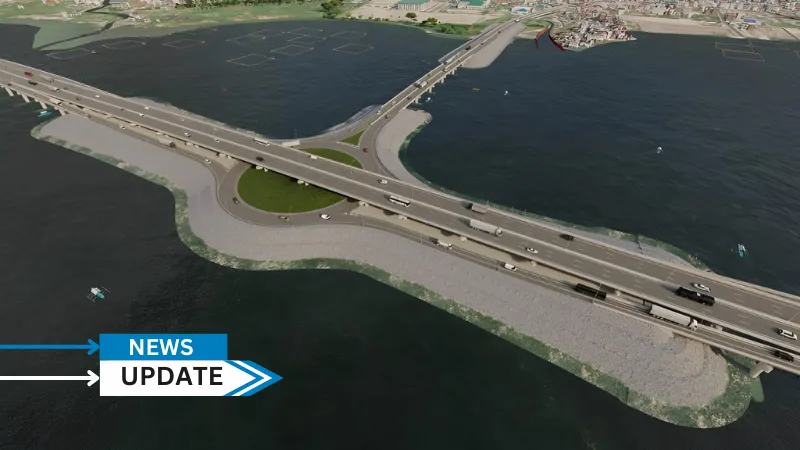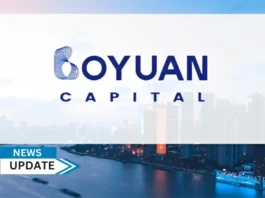

The Asian Development Bank (ADB) has approved financing of up to almost $1.7 billion to help build a climate-resilient 37.5-kilometer (km) expressway along the Philippines’ biggest lake to promote regional connectivity, reduce travel time between the capital Manila and Laguna province, and further improve the competitiveness of one of Southeast Asia’s fastest-growing economies.
Read also – Visa Appoints Rishi Chhabra as Country Manager for India
The 7.89-km northern section of the new expressway will be funded by a $904.35 million loan from the Export-Import Bank of Korea, Economic Development Cooperation Fund under a parallel financing scheme.
Read also – Loyyal’s Xpand Point Partners with Easyrewardz
“This investment further cements ADB’s commitment to help transform our host country’s transport infrastructure by facilitating climate- and disaster-resilient and sustainable development. The project will help link people to jobs and business opportunities, reduce transport costs and traffic congestion, and improve the efficiency of the overall transport network in Metro Manila and nearby regions,” said ADB Country Director for the Philippines Pavit Ramachandran.
Under the Laguna Lakeshore Road Network Project (LLRN), ADB will fund the construction of a 29.56-km section of the new expressway, including bridges and viaducts that will traverse waterways flowing into the Laguna Lake, located southeast of Manila. The project aims to provide the most resilient road link within the southern Manila transport corridor and cut peak hour travel time between Taguig City in Metro Manila to Calamba City in Laguna province by 25%.
ADB’s support to LLRN will be via a multi-tranche financing facility consisting of two loans, a $1.2 billion first-tranche loan, and a $509.5 million second-tranche loan. The Asian Infrastructure Investment Bank is co-financing the project with an additional $188.2 million loan.
The project is expected to benefit about 3.47 million people residing along the lake and nearby areas and improve access to markets and public services. The north-south corridor around the lake is crucial for local and international transit of goods, accounting for nearly one-third of nationwide cargo in 2021.
The ADB loan includes climate financing of $35.6 million to cover mitigation and adaptation measures, including elevating viaducts and construction of armored lakeside embankments. The LLRN is part of ADB’s holistic support to strengthen climate-resilient infrastructure in the Philippines. This range of support includes assistance in developing the Laguna Lake master plan and climate-resilient infrastructure standards, and the implementation of climate plans as specified in the country’s Nationally Determined Contribution and National Adaptation Plan.
LLRN is aligned with the government’s Luzon Economic Corridor initiatives that support connectivity between Manila and international trade hubs in nearby areas such as Subic Bay and Clark north of the capital and Batangas province in the south. ADB has been helping the country develop an integrated transport network by financing several flagship transport projects such as the Malolos–Clark Railway Project, South Commuter Railway Project, and the Bataan–Cavite Interlink Bridge Project.
The project also aims to enhance the capacity of the implementing agency, the Department of Public Works and Highways (DPWH), to implement the project and operate and maintain the road network under a public-private partnership scheme. An international consulting firm was mobilized under the ADB-financed Infrastructure Preparation and Innovation Facility (IPIF) to assist the DPWH with the project’s feasibility study, detailed engineering designs, and tender documents.
About ADB
ADB is committed to achieving a prosperous, inclusive, resilient, and sustainable Asia and the Pacific while sustaining its efforts to eradicate extreme poverty. Established in 1966, it is owned by 69 members—49 from the region.



